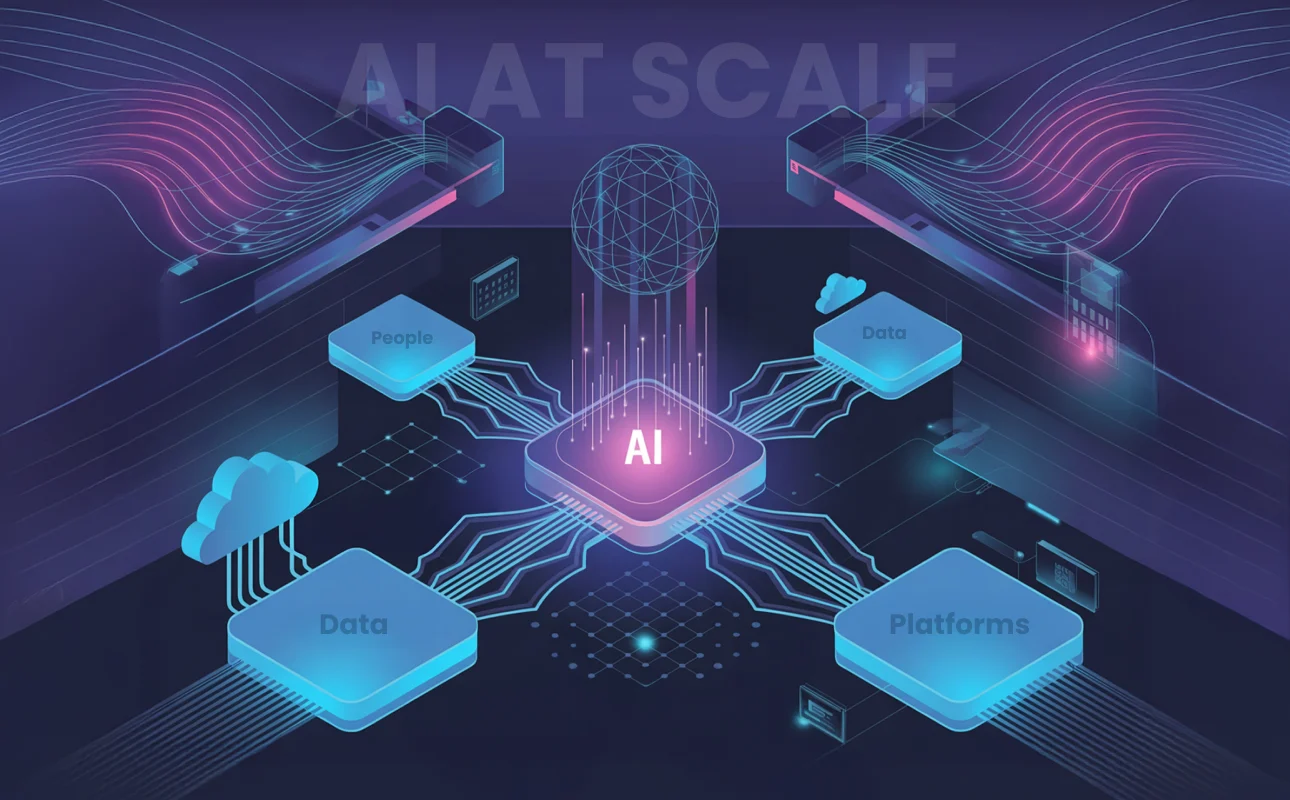Introduction
The retail industry is undergoing a seismic shift. Gone are the days of generic product displays and impersonal customer service. Today’s savvy shoppers crave a personalized and engaging experience, and retailers are turning to cutting-edge technologies like Generative AI (GAI) to deliver just that.
Being considerate to the online retail and eCommerce businesses, the real eCommerce domain of 2024 is facing a multitude of challenges. Customers are bombarded with choices, have shorter attention spans, and expect a seamless, personalized shopping experience across all channels.
Traditional retail strategies often fall short, leading to problems such as:
• Generic Customer Service: Long wait times, repetitive interactions, and a lack of understanding of individual customer needs plague traditional customer service models.
• Information Overload: Customers struggle to find the right products amidst a sea of generic descriptions and static images, leading to frustration and missed sales opportunities.
• Inaccurate Recommendations: One-size-fits-all recommendation engines often miss the mark, failing to connect customers with products they’ll truly love.
• High Return Rates: Customers who can’t visualize how a product will look or fit are more likely to make impulse purchases that end up being returned.
• Slow Product Development: Traditional methods of analyzing market trends and customer feedback can be slow and inefficient, hindering a retailer’s ability to adapt to changing consumer preferences.
• Targeted Marketing Challenges: Reaching the right customer with the right message at the right time can be a complex task, resulting in wasted marketing spend and missed opportunities.
• Fraudulent Activity: Online retailers face significant losses due to fraudulent transactions.
GAI is a powerful branch of AI that uses deep learning algorithms to create entirely new content, from images and text to music and code. This ability to generate creative assets is revolutionizing the way retailers interact with customers.







